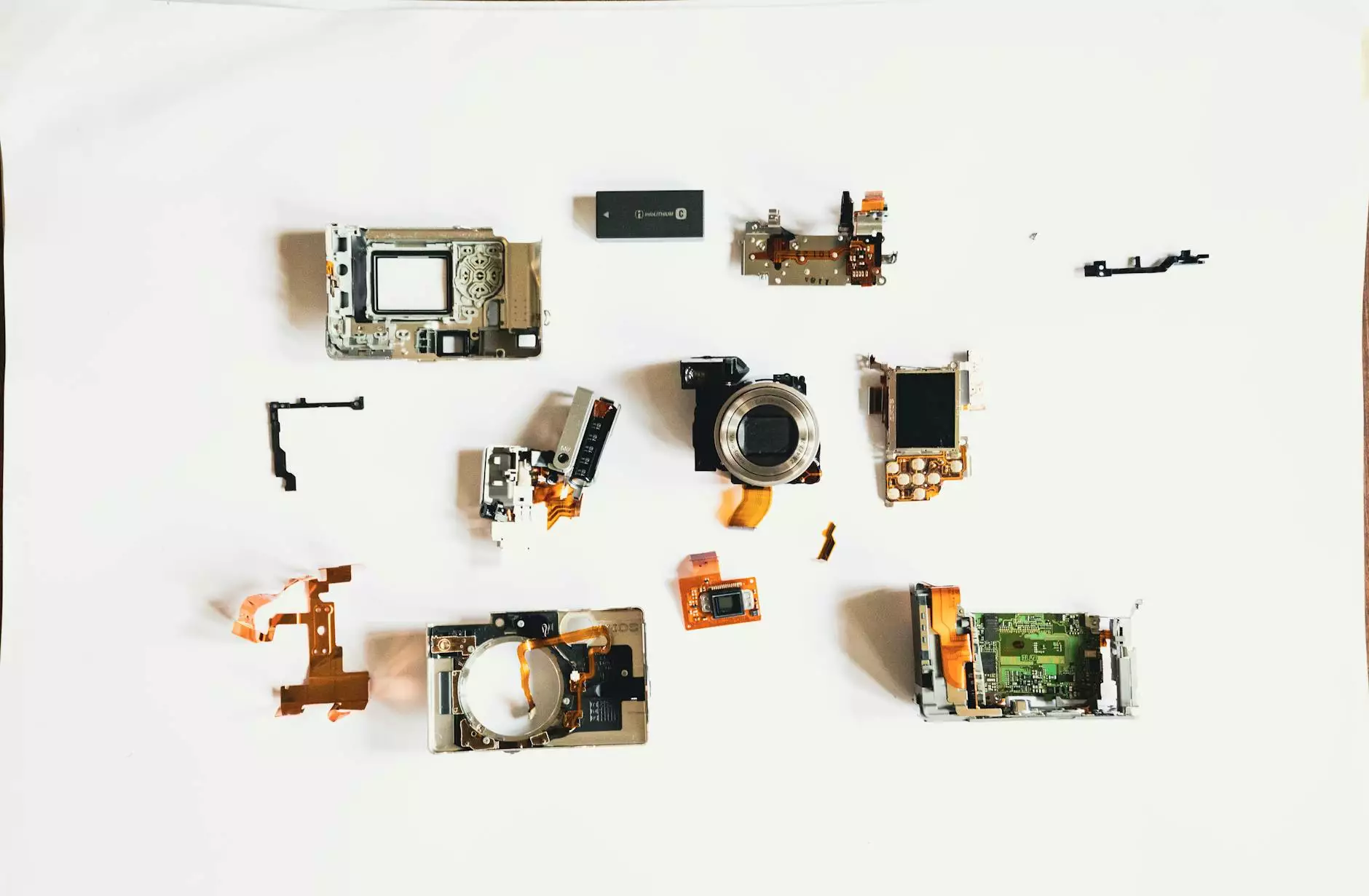The Rise of Real Fake Certificates: A Comprehensive Guide

In today’s highly competitive world, the quest for credentials often drives individuals to explore various avenues to enhance their educational qualifications and professional standing. This phenomenon brings us to the intriguing concept of "real fake certificates." These documents, while not authentic in the traditional sense, serve a significant purpose in both personal and professional development.
Understanding Real Fake Certificates
Real fake certificates are documents that mimic the appearance of genuine educational qualifications. These certificates can range from diplomas, degrees, and training completion certificates to other professional credentials. However, it is imperative to understand that these documents are not legally recognized and are often used for specific, non-deceptive purposes.
Why Do People Seek Real Fake Certificates?
- Career Advancement: Professionals might seek a diploma or certificate in a field where they have experience but lack formal proof.
- Personal Satisfaction: Individuals may wish to celebrate their learning achievements with physical certificates.
- Employer Requirements: Certain jobs may require proof of qualifications that can sometimes be met with alternative certification methods.
The Role of Fake Certificates in Education
The digital age has reshaped education. Online courses and alternative learning paths have gained traction, with many institutions offering certificates upon completion. However, not all platforms provide equally recognized qualifications, leading to a market demand for real fake certificates that can fill perceived gaps.
Types of Real Fake Certificates
Here are some common types of real fake certificates that individuals often seek:
- Academic Diplomas: These represent completion of secondary or post-secondary education.
- Professional Certifications: Often associated with specific industries, these help professionals showcase their skills.
- Training Completion Certificates: These are issued after completing workshops or short courses.
- Degree Transcripts: Used by individuals who want to show proof of their educational grades, even if they did not earn an official degree.
How Real Fake Certificates Impact the Professional Landscape
The impact of real fake certificates on the business environment is multifaceted. While some argue that these documents can devalue legitimate achievements, others see them as a necessary tool in a rapidly changing job market.
The Demand for Skills Over Paperwork
Employers are increasingly prioritizing skills over traditional credentials. This shift stems from the understanding that practical knowledge and real-world experience often hold more weight than a diploma. As such, some individuals leverage real fake certificates to align with this trend—providing evidence of expertise acquired through self-directed learning or informal channels.
The Ethical Considerations
While seeking real fake certificates for educational or professional enhancement can be seen as a strategic move, it raises ethical questions. The intent behind obtaining these certificates plays a crucial role in determining their acceptability.
Legitimate Uses of Fake Certificates
- Skill Validation: Using a fake certificate to validate skills or training acquired through non-traditional methods.
- Professional Portfolio Building: Adding certificates to portfolios to demonstrate commitment to learning and professional growth.
- Personal Motivation: Individuals may award themselves certificates as recognition of personal achievements, making learning more tangible.
When is it Misleading?
On the contrary, using fake certificates to mislead employers or educational institutions about one's qualifications crosses an ethical boundary. This can lead to severe repercussions, including loss of credibility, job termination, or legal action.
Buying Real Fake Certificates: A Practical Guide
For those who decide that obtaining a real fake certificate is the best course of action, it is important to approach this decision thoughtfully. Here are some steps to consider:
1. Research Reputable Providers
Many online services provide realistic fake certificates. It’s crucial to look for providers with positive reviews and clear policies to ensure that you’re purchasing a quality product.
2. Understand the Specifications
Before purchasing, clarify what kind of certificate you need. Look for details like:
- Type of document: Does it meet your specific needs? (e.g., diploma, certification)
- Design quality: Does it mimic an official certificate from an accredited institution?
- Customization options: Can you personalize the certificate to meet your specifications?
3. Be Aware of Legal and Ethical Implications
Always be transparent about your qualifications. Ensure that the use of such certificates aligns with ethical standards and does not mislead any parties.
Conclusion: The Future of Real Fake Certificates
The world of education and professional qualifications is evolving, and with it, the role of real fake certificates will continue to change. As online learning proliferates, the need for validation of skills from non-traditional routes will only grow, leading to a greater acceptance of these documents.
As individuals navigate their career paths, it’s essential to leverage all available resources for personal growth and professional development responsibly. Whether through formal qualifications or alternative methods, the ultimate goal remains the same: to present oneself as a capable and knowledgeable professional ready to tackle the challenges of the modern workforce.
Final Thoughts
In the end, real fake certificates can serve as useful tools in one’s career. Provided they are used ethically and transparently, they can help bridge the gap between experience and formal recognition. As this niche market continues to grow, understanding its intricacies will empower individuals to make informed decisions in their professional journeys.
Embrace the learning process, celebrate your achievements, and use tools like real fake certificates wisely to enhance your professional narrative.



